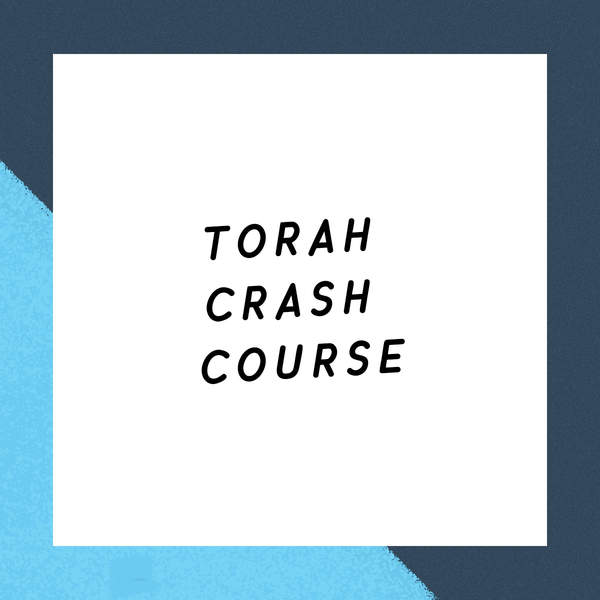
Torah Crash Course: Exodus (Remastered)
Israel’s liberation from Egypt and the night of Passover were the foundational stories for ancient Israelites, and they’re also crucial for understanding Jesus and his mission. For example, Jesus timed his arrival into Jerusalem with the Passover feast, and at the Last Supper, he used the symbols of Passover to explain the meaning of his coming death. Exodus also contains the covenant agreement between God and Israel, including the Ten Commandments, which Jesus picked up and developed in his own teaching. In this message, Tim explores all of these Exodus narratives and their influence on the Bible’s story. This series was taught in the early 2010s at Door of Hope Church in Portland, Oregon.
Referenced Resources
Interested in learning more? Check out Tim's extensive collection of recommended books here.
Get the BibleProject app for access to our entire library of resources in one place.
Show Music
- “Nob Hill Instrumental” by Drexler
Show Credits
Production of today's episode is by Lindsey Ponder, producer, and Cooper Peltz, managing producer. Aaron Olsen edited and remastered today's episode. JB Witty does our show notes. Powered and distributed by Simplecast.
